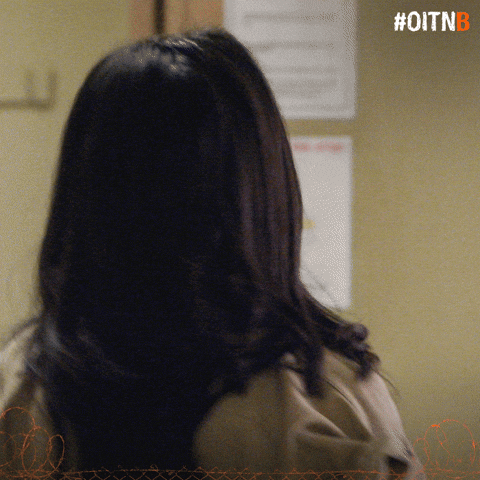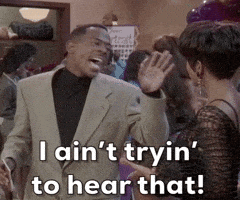How to Respond to an Inappropriate Joke
It's impolite to speak with your feet in your mouth.
See also:
Start Here
Rudeness is out there, folks. Our world is awash with it, so what do we do about it?
Contrary to popular belief, you are not obligated to disabuse others of their rudeness. If their mama didn’t teach them manners, that doesn’t mean you have to.
Navigating inappropriate jokes can be tricky, and the decision to respond or let it go depends on several factors, including context, audience, and your own comfort level.
Non-verbal signals: If you're not ready to directly confront the person, sometimes subtle actions—like a disapproving look, a raised eyebrow, or a quick change of subject—can signal that you're not on board with the joke. Use bridging messaging to redirect the conversation to more appropriate territory.
Low-key responses: You don’t always have to make a big statement. A simple, calm response like "That’s not really funny," or "I don't think that’s appropriate," can be enough to show you’re not complicit without creating a larger conflict.
When to Respond
💡 Silence, even if unintended, can be perceived as agreement or approval.
When it targets someone specific: If the joke demeans, ridicules, or harms someone directly, especially in their presence.
When they keep repeating the behavior: We all say stupid things, but if someone is making themselves obnoxious by not reading the room, you may need to set boundaries with that person.
When you’re in a leadership role: What you allow will continue. You set the tone for what is acceptable.
In a professional setting: You should have a zero-tolerance policy for that in your office (even if you’re not the boss). Allowing inappropriate jokes in a professional environment can harm your reputation and even jeopardize your career. Don’t mess with anyone who threatens your livelihood — especially for a poor attempt at humor.
When NOT to Respond
If it's truly harmless and the intention is clear: Some jokes may be a little off but are clearly not meant to harm or offend. If everyone in the group understands the context and there's no malice, you might choose to let it go.
Social dynamics or unfamiliar settings: If you’re in a new or unfamiliar social group, it may be better to gauge the situation before responding. Sometimes, a subtle shift in body language or a non-verbal cue like an awkward pause can signal discomfort without a direct confrontation.
If you’re not bothered: Sometimes, the joke might technically be inappropriate, but you might genuinely not find it offensive or worth your emotional energy. No sense in getting yourself all worked up over it—let it go.
When the power dynamics make it tricky: If the person making the joke is your boss, you need to tread carefully. It might be wiser to handle the issue with that person directly or if the behavior was egregious, work through formal channels.
If it's a one-off from someone who doesn't usually act that way: We all say clumsy things. This could be an opportunity to exercise a little grace.
If responding would escalate the situation: If addressing the joke would make tempers flare or make the situation worse, it may be better to not engage. In some cases, responding could invite more negativity or conflict.
“When you do not accept the insult someone casts on you, it goes back to the person who indulged in it first; a registered letter that is not accepted returns to the sender.
—Sathya Sai Baba
Talking Points
I don’t think that’s funny.
Come on, you don’t have to stoop to that level of humor. I know you’re better than that.
I don’t think that came off the way you intended.
You’re not presenting yourself in the best light here, buddy.
We’ll forget you said that.
I’m sorry? I couldn’t hear what you said with your foot in your mouth.
Here’s a joke: There’s a guy who keeps repeating an inappropriate joke and never realizes no one thought the joke was funny and it turns out, HE was the joke. (with meaningful stare)
That joke crossed a line.
Let’s keep the conversation at a higher level.
Anyway… moving swiftly on from whatever that was.
Was that one of those things that sounded better in your head?
Wow, is this 1980? I thought we retired that joke with shoulder pads.
I expect better from you.
I know you didn’t mean to be hurtful, but that was deeply uncool.
That’s not something to joke about and you know better.
Don’t worry, I put my foot in my mouth all the time too.
I don’t think you meant what you said, surely.








How about trying to grow a thicker skin and realise your own mortality?